Fashion Fusion: Embracing African Prints in Modern Wardrobe
African dress styles are a vibrant fusion of tradition, culture, and imagination, showcasing the diverse heritage and artistic flair of the continent. From timeless garments rooted in centuries-old customs to cutting-edge designs influenced by current fashion, African dress styles captivate with their historical significance, symbolism, and inventive spirit.
Join us on a captivating journey as we delve into a wide range of traditional and contemporary African dress styles. Through this comprehensive guide, we aim to celebrate the beauty, diversity, and cultural importance of each unique style.

Dayo Men’s African Print T-shirt Red Yellow Vines
Historical Roots and Cultural Significance
African prints, also known as Ankara, are traditionally made by a wax-resist dyeing technique called batik.
Originating from West Africa, these patterns are more than just cloth; they are a canvas of expressions, with each design symbolizing status, aspirations, and tribal affiliations. Historically, these prints were used in ceremonial garments, communicating age, social status, and wealth.
Today, they continue to be a source of inspiration for fashion designers worldwide, who are drawn to their bold patterns and deep cultural roots.

Modern Interpretations
In recent years, fashion designers both from Africa and around the globe have begun incorporating these prints into contemporary fashion pieces.
This fusion is evident in various high fashion runways, where traditional African motifs are presented in modern silhouettes such as tailored suits, evening dresses, and casual wear.
Designers like Stella Jean, Maki Oh, and Lisa Folawiyo have been instrumental in bringing this trend to the forefront of the fashion industry, each adding their unique twist to how African aesthetics can be blended with contemporary designs.
Integrating African prints into a modern wardrobe can be done in various stylish and respectful ways:

Ondina Women's African Print Kimono (Orange Teal Adire)
Mix and Match: One of the easiest ways to incorporate African prints into your wardrobe is by using them as statement pieces. A vibrant Ankara blouse can be paired with a plain skirt or jeans. Also, an African print skirt or pants can be styled with a neutral-toned top to balance the look.

Accessories: If you're not ready to commit to a full outfit, start with accessories. African print scarves, headbands, belts, or bags can add a pop of color and pattern to a more subdued outfit.

Formal Wear: For a more daring look, African prints can be used in formal attire such as blazers, dresses, and suits. These pieces can provide a unique twist to evening wear and serve as a conversation starter at any event.
Layering and Texture: African prints are versatile enough to be layered with other textures. For instance, a lightweight Ankara jacket can be worn over a turtleneck in cooler months, adding both warmth and style.

Safari Men's African Print Swim Trunks (Rainbow Punch Adire)
The Role of Technology in Popularizing African Prints
With advances in digital printing and social media, African prints have gained a broader audience than ever before.
Digital technology allows for more precise and varied patterns, making the fabrics more accessible and customizable.
Social media platforms, on the other hand, have enabled designers from Africa to showcase their work on a global stage, connecting with fashion enthusiasts and buyers who are eager to explore and embrace these culturally rich designs.

Keruba Women's African Print Stretch Dress (Sunset Adire)
Collaborations and Cross-Cultural Exchanges
In the spirit of fusion, several high-profile collaborations between African designers and international fashion brands have brought African prints to new markets and demographics. These partnerships not only boost the visibility of African textiles but also foster a cross-cultural exchange that enriches the global fashion landscape.
For instance, collaborations between Western brands and African artists or designers can create unique collections that blend different styles and traditions, appealing to a diverse customer base.
Sustainability and African Prints
The topic of sustainability is of utmost importance in today's fashion industry, and African prints play a significant role in this ongoing discussion. These prints are often at the forefront when it comes to promoting environmentally friendly practices.
African textiles are known for their organic materials and traditional production methods, which are far more eco-friendly than the mass-produced fabrics commonly found in the market. Opting for African prints allows consumers to actively support sustainable practices while also helping to preserve the invaluable artisanal skills that have been handed down from one generation to another.

Mens-Malik-African Print-Lightweight-Button up-Shirt-Orange Zebra Abstract7
The Impact of African Prints on Global Fashion Trends
African prints have not only enriched the fashion world with their vibrant aesthetics but also influenced major trends in color, pattern, and design. These prints have encouraged a move towards more bold and expressive fashion choices globally.
As designers and consumers become more adventurous with their style choices, the impact of African prints is evident in everything from streetwear to luxury fashion.

Ronke Women's African Print Maxi Dress (Sunset Leaves)
Conclusion
African prints are more than just a passing trend in the fashion industry; they are a celebration of heritage and creativity.
As they continue to influence modern fashion, they offer a vibrant alternative to the mainstream palette and encourage a more inclusive approach to design. By embracing African prints, fashion enthusiasts can enjoy a fusion of culture and style that is both eye-catching and meaningful.
By exploring the roots and modern adaptations of African prints, consumers and designers alike are invited to partake in a global fashion dialogue that honors tradition while looking boldly toward the future.

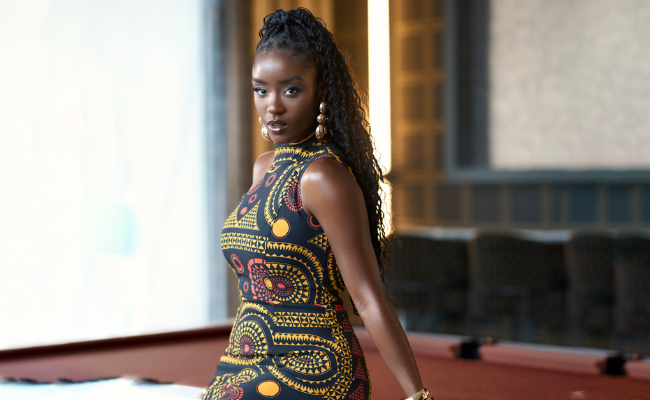
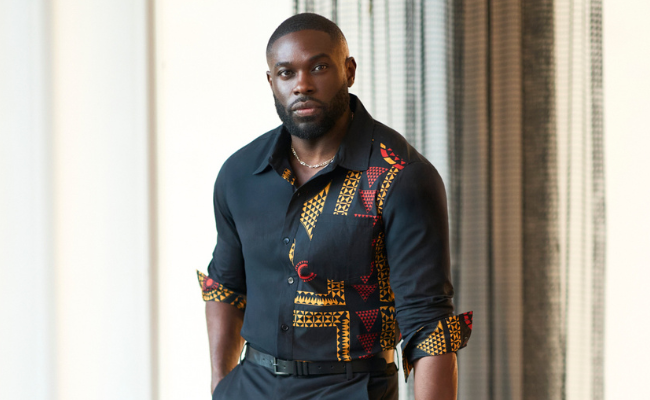
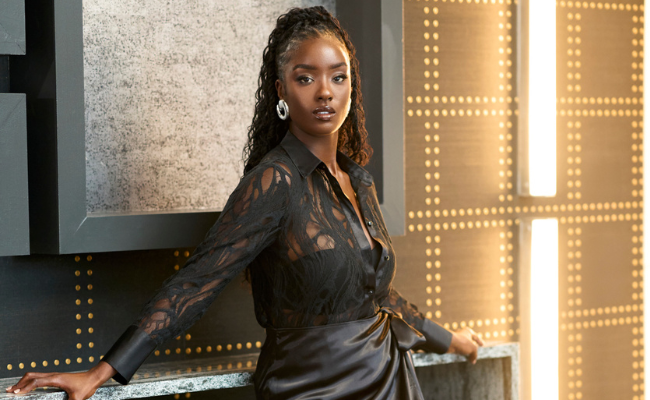
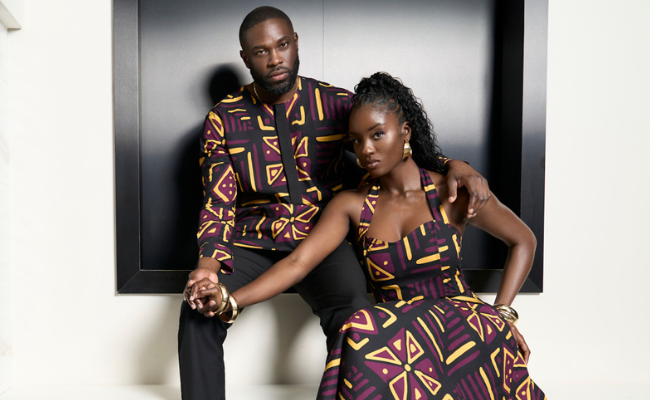
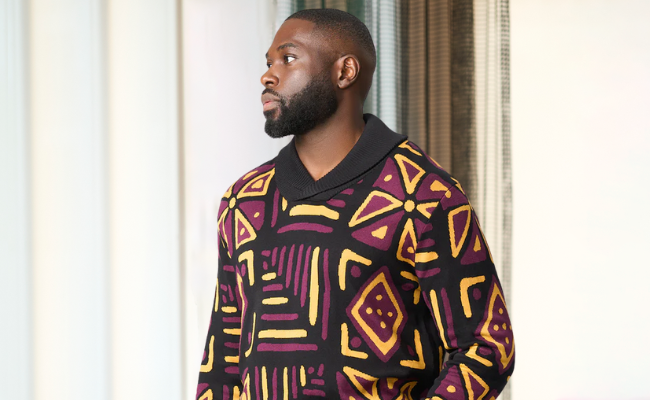

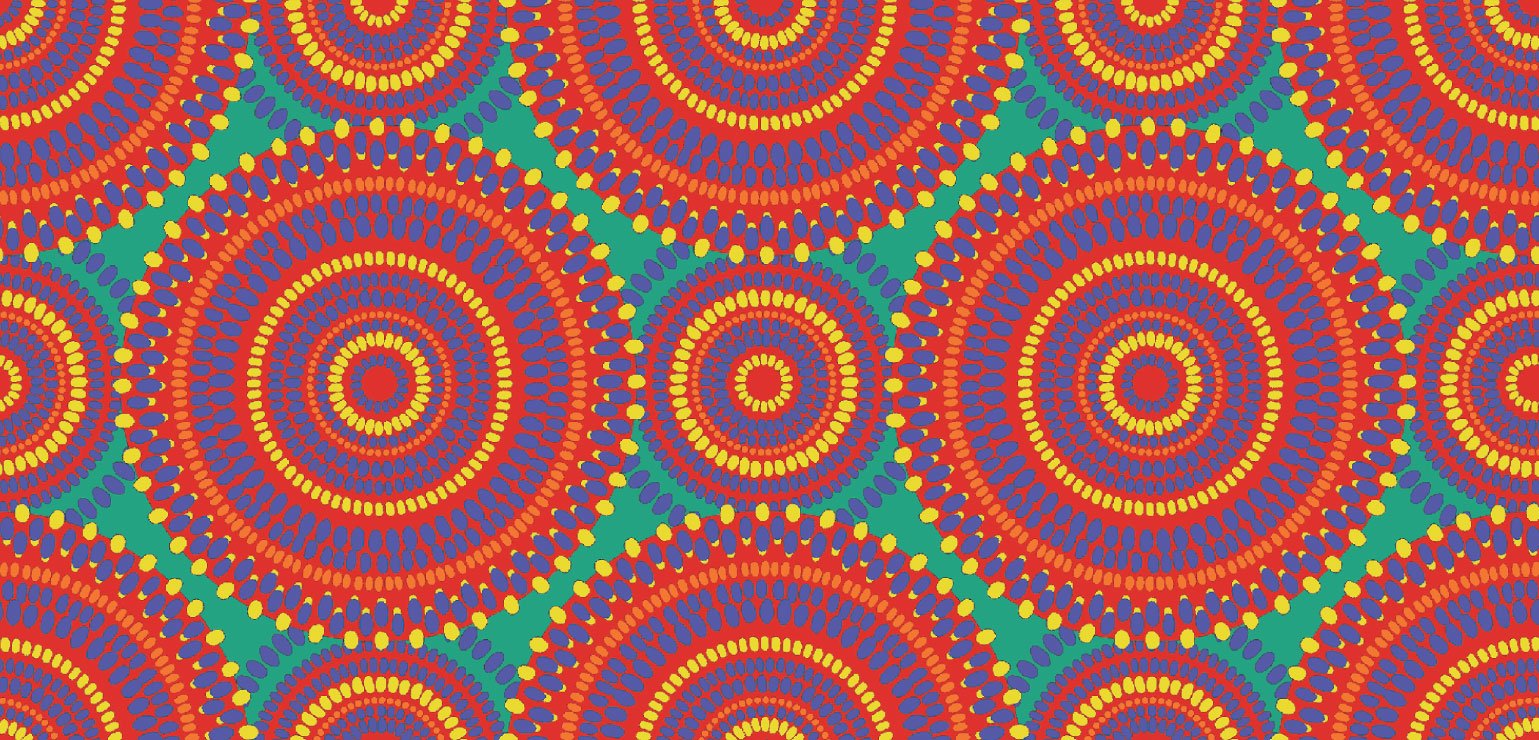
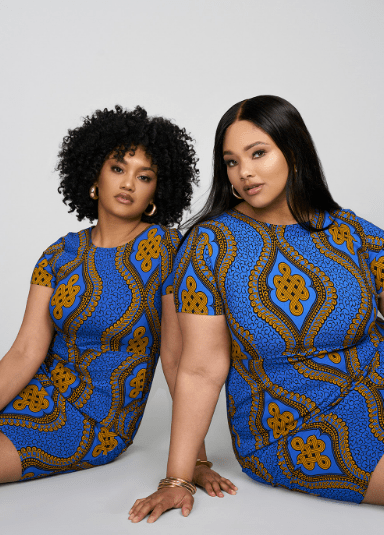










Leave a comment
This site is protected by hCaptcha and the hCaptcha Privacy Policy and Terms of Service apply.